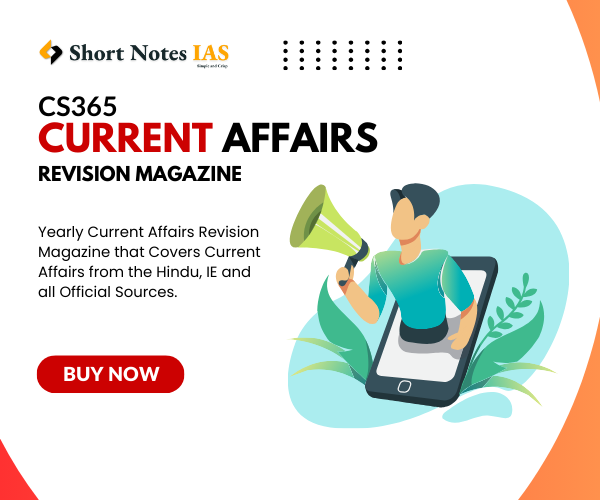All sides are guilty of using history for partisan battles rather than for genuine understanding

John Rawls was arguably the greatest political philosopher of the 20th century. His libertarian sparring partner Robert Nozick once magnanimously wrote that contemporary political philosophers have to either work within the Rawlsian system or explain why they do not do so.
Rawls was also a legendary teacher at Harvard University. A short essay he wrote on his teaching method deserves to be read today, in an India where the assessment of historical figures continues to be a matter of deep political debate—and where close comrades such as Jawaharlal Nehru, Vallabhbhai Patel and C. Rajagopalachari are now presented as implacable foes. As always, these debates have generated more heat than light.
Rawls has offered three important lessons on how to assess the great figures of history, though he was concerned about political philosophers rather than political leaders, men of ideas rather than men of action. The first point Rawls made was that the giants of the past had to be understood in the context of their times rather than ours. Any moment in history should then be seen from their point of view rather than ours. It is fundamentally wrong to pass sweeping judgements, with the benefit of perfect hindsight, on people making complicated choices in real time.
The next point Rawls made was that any scholar has to strive to offer the ideas of a historical figure in their strongest form. They have to be assessed in the best light possible, which is a strong argument against the current partisan habit of judging one side at its best while the other side is presented at its worst. Rawls once quoted John Stuart Mill in this respect: “A doctrine is not judged at all until it is judged in its best form.” In the case of India, some of the noisiest debates are based on stray scraps of information to point out mistakes rather than understand the entire world view of the protagonist of the drama.
The third lesson from Rawls is that one should approach the great figures in history with modesty. “I always assumed that the writers we were studying were always much smarter than I was…. If I saw a mistake in their arguments, I suppose they saw it too and must have dealt with it, but where? So I looked for their way out, not mine.” He suggested that the reader should either assume that a certain question was not important in their times or that others in the same tradition dealt with it or examine what other traditions said about the matter. We can also add that people with long careers in the nationalist movement often changed their views with the times.
These three principles—the importance of understanding the historical context, the intellectual generosity to look at a political philosophy at its best and the need for modesty—are almost completely absent in the ongoing Indian history wars. All sides are guilty of using history for partisan battles rather than for genuine understanding. It is good entertainment but also profoundly pointless.
[quads id=1]
Anyway, why does history matter?
One Indian nationalist leader—who has himself been subject to abuse—wrote in the introduction to his book on Maratha power that the point of honestly studying the historical strife of the past is not to perpetuate old divisions but to understand how to transcend them. “We ought to read history, not with a view to find out the best excuse to perpetuate the old, strife and stress, bickering and bloodshed, whether in the name of our blessed motherland or of our Lord God, that divided man from man and race from race, but precisely for the contrary reason of finding out the root causes that contributed to, and the best means to the removal of that stress and strife, of that bickering and bloodshed, so that man may be drawn towards man because he is man, the child of that our common father God, and nursed at the breast of this our common mother Earth, and wield humanity in a World Commonwealth.”
His name was Vinayak Damodar Savarkar. He wrote elsewhere in that same introduction: “It would be as suicidal and as ridiculous to borrow the hostilities and combats of the past only to fight them out into the present, as it would be for a Hindu and a Muhammadan to lock each other suddenly in a death grip while embracing, only because Shivaji and Afzul Khan had done so, hundreds of years ago.”
History should thus be not just a bridge to the past but also a bridge to the future. Shimon Peres often spoke about why thinking creatively about the future is more important than obsessively reliving the battles of the past: “We should use our imagination more than our memory.”
Source : Live Mint




There is site by the name self study history which provides excellent study material for History optional .Can you please arrange their complete study material.